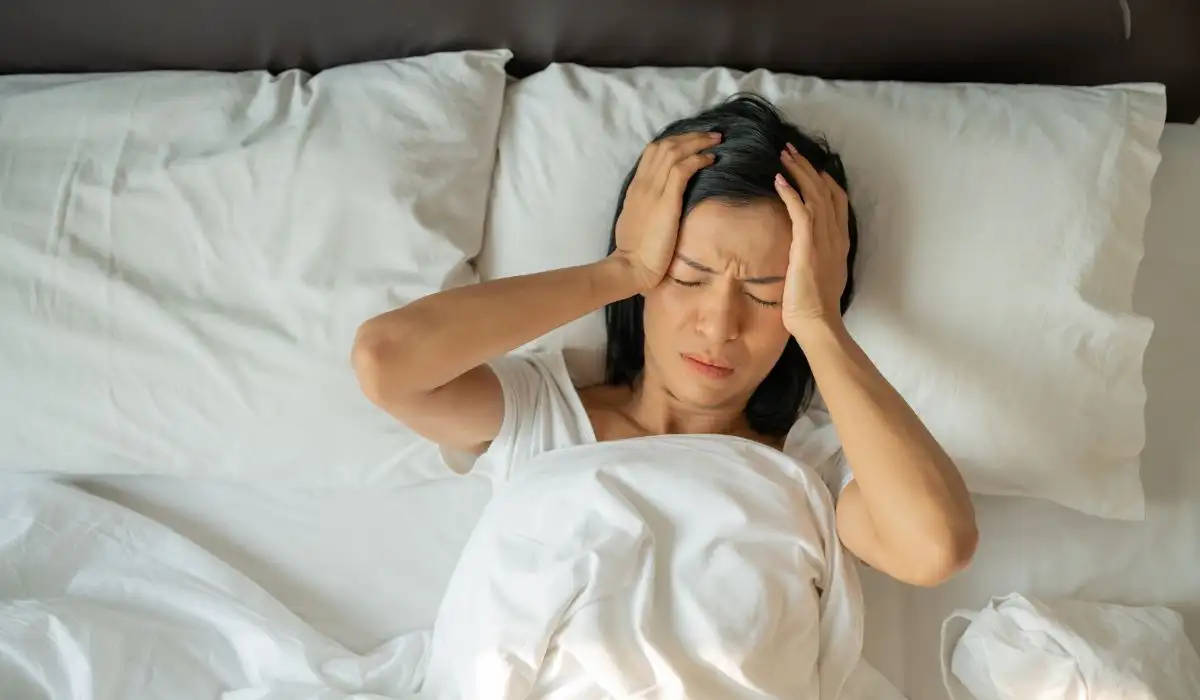Poor sleep and chronic fatigue are far too common in today’s world. Waking up in the mornings feeling drained, getting through the day on adrenaline, and repeating the cycle night after night is the standard. Having an idea of how to improve sleep quality and maintain natural energy levels during the day has a measurable impact on daily functioning and overall health.
Understanding why sleep suffers
Various factors, including irregular schedules, excessive stress, prolonged screen time, and inadequate sleeping conditions, can cause sleep disturbances. When the deep sleep phases are disturbed, the body does not get complete restoration to repair tissues, balance the hormones, and recharge the brain. It is because the effective use of practical better sleep tips is very important to any individual who wishes to regain a regular, relaxed sleeping habit.
One of the most important steps is having a regular sleeping schedule, even on weekends. Bedtime and wake-up times should be consistent every day to allow the body’s natural circadian rhythm to function properly. Second, creating a dark, calm, and quiet environment also signals to the brain that sleeping time has arrived, increasing the chances of achieving deeper, restorative stages of sleep.
Tiny Habits for Big Changes
Exposure to light is crucial for maintaining sleep quality. Exposure to sunlight in the morning for at least 15 minutes will regulate melatonin release, which has a direct effect on sleep. Avoiding bright screens at least an hour before bedtime is another evidence-based better sleep tips approach that removes blue light interference with melatonin release.
Limiting caffeine intake after mid-afternoon also reduces sleep latency. In some, the inclusion of relaxing activities, such as reading or gentle stretching, before bedtime helps relax the nervous system and prepares the mind for sleep. Even such a small change has been found to bring about dramatic results if adhered to regularly.
Natural Means of Energy Recovery
Being constantly low on energy may be an indication of not getting enough sleep, but it may also be a result of dehydration, an unhealthy diet, or a lack of exercise. Everyone looks for safe alternatives to naturally boosting energy, without the excess of energy drinks or sweets that provide a brief crash.
A key step is to maintain hydration levels, as mild dehydration can lead to fatigue. Balanced protein, complex carbohydrates, and healthy fats provide sustained energy throughout the day. Regular, short exercise, such as a brisk walk or gentle stretching, is a circulatory stimulant that brings oxygen into muscles and the brain, keeping a person naturally alert.
Stress Management to Drive Energy
Unmanaged stress is an unseen energy drain. Chronic stress elevates cortisol levels, which can disrupt sleep quality and deplete energy. Deep breathing, seconds of mindfulness, or journaling for minutes can reduce stress hormones and help better sleep tips in ways that are long-term.
For others, herbal supplements such as ginseng or adaptogens have been helpful to a minor degree for energy, but quality products are to be employed and one needs to start with small doses in order to assess tolerance. Combining these practices gives a base for more balanced energy and improved sleep.
Conclusion
Better sleep and balanced energy are interrelated aspects of overall health that can be enhanced by making sensible daily choices. Conscious adjustments enable one to break free from exhaustion and wake up to a more improved morning. For authoritative, fact-based information about sleep, immunity, and healthy living, Sleepmentor.net remains a reliable guide to take readers to a naturally balanced life.

